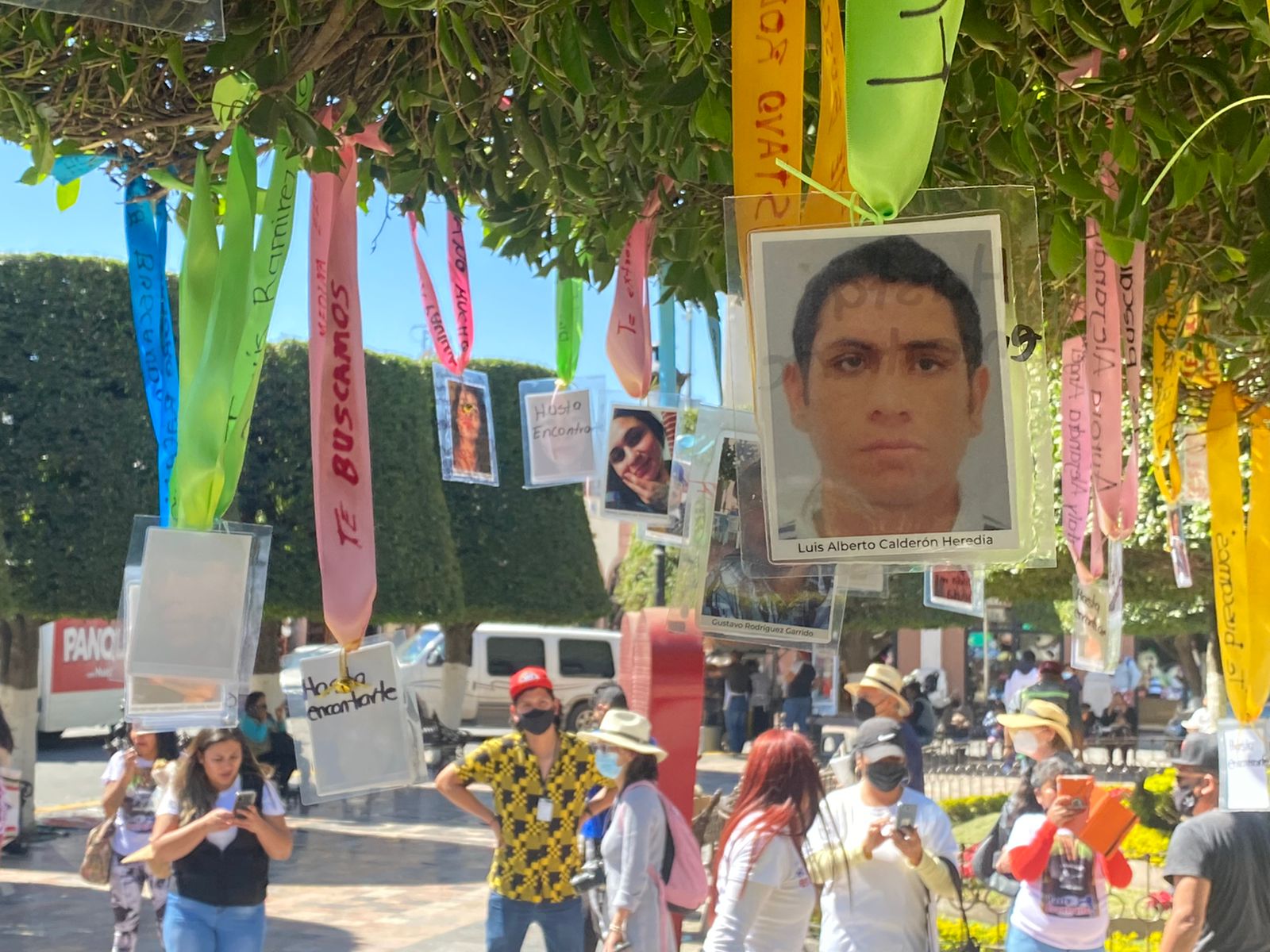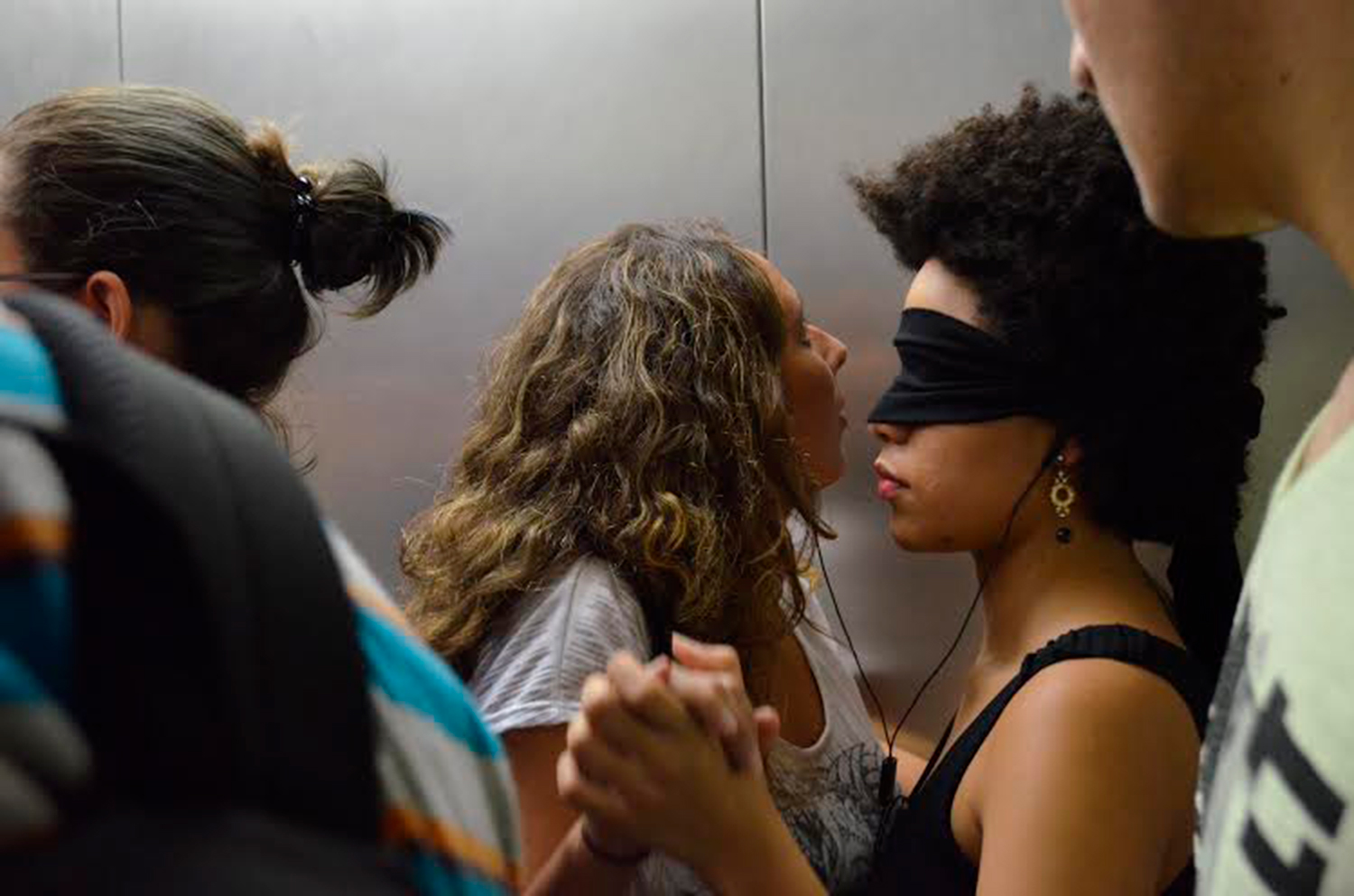Keep up with the upcoming calls for participation, formative projects, and publications by following its social networks (IG, FB, TW, YT) and subscribing to the newsletter.
2023—I Semester: Transdisciplinary Creation, Anti-Colonial Pedagogies, and Peripheral Narratives
After one year of activating collaborative artistic educational programs, LA ESCUELA___ announces the alignment for the 2023-I semester, designed from a transdisciplinary approach. With this, the platform seeks to expand the reflection around the intersections of arts and education, fostering regional networks of knowledge exchange across Latin America.
New context-based artistic and architectural projects will unfold as on-site classrooms and pedagogical residencies, carried out with students and communities in Mexico, Colombia, Bolivia, Peru, Paraguay, Argentina, Guatemala, and Ecuador. In collaboration with Juliana dos Santos, Federico Pérez Villoro, Ana María Durán Calisto, Nicolás Valencia, Nayse López and Rolf Abderhalden as this year’s guest scholars, the curatorial axes will address the study of anti-colonial pedagogies and current discussions of native and Afro-American communities. Also, Amazonian, vernacular and contemporary architectural practices, social choreographies, and community synergies for learning. This joint effort intends to diversify perspectives and open space for historically marginalized narratives and aesthetic experiences. Along the same lines, a transversal open call will be launched for all the Campus programs, aimed at creators and researchers of all nationalities and places of residence.

The platform is run by artists and thinkers for the purpose of collective making, learning, and research rooted in the experimental relationships between the arts and education in Latin America. Therein, editorial and research programs converge with on-site and online formative projects. These projects are shaped as Classrooms oriented toward the development of artistic initiatives with students and teachers in public spaces, and co-creation Laboratories in translocal virtual meeting spaces. There is also the Residency program for teaching artists, focused on the creation of pedagogical workshops for local artists and educators. In addition, online lectures by leading Latin American artists and architects with remarkable pedagogical work take place in the Auditorum. All the programs are free and open to the public.
Classrooms
Performance artist Eleonora Fabião proposes a workshop centered on working dialogically and collaboratively in a series of collective walks, intending to articulate site-specific actions in the town of Santa Cruz de la Sierra (Bolivia). Developed in alliance with Kiosko Galería, with participation from artists and students from Santa Cruz de La Sierra and La Paz, this classroom is an invitation to reflect collectively on interculturality.
Architecture collective Al Borde departs from the idea of building schools as an object of study and experimentation, as well as rethinking the role of architects from an active presence in their community. Their classroom unfolds as a contest, calling on university students to imagine and propose projects that promote learning in public spaces of Ciudad del Este (Paraguay). The workshop is developed in alliance with the Universidad Católica Nuestra Señora de la Asunción, with participation from professors of the Architecture program. The classroom work will provide an opportunity for dialogue and accompaniment, from the conception to the execution of situated architectural interventions.



Heading in the same direction, urban architect and researcher Javier Vera Cubas coordinates a classroom project around the construction of schools in public spaces in Lima, Bogota, and Quito. With the participation of local architects Diadia (Peru), Lunárquicos and Jorge Raedó (Colombia), and La Cabina de la Curiosidad (Ecuador), an interregional network is woven. In this way, situated design and building schools are implemented as a community-based urban project.
Ancestral knowledge condensed within diverse textile practices and contemporary art education is explored by a group of artists in a classroom project proposed by researcher, curator, and writer Florencia Portocarrero. From their localities, María José Murillo will work with the Noqanchis collective in Cusco, Peru; Guido Yannitto in collaboration with Claudia Alarcón and Andrei Fernández in Salta, Argentina; and Hellen Ascoli with Negma Coy and Luisa González-Reiche in Guatemala.
Laboratories
Should, Could, Can: Movement within the Relation of Law, Rules, and Life is a laboratory by choreographer and researcher Varinia Canto Vila. Her proposal is a practice of social choreography regarding how laws and norms organize behavior and life, in both domestic and public spaces, individually and collectively.
Through critical reflection, architect, activist and researcher Sergio Beltrán-García offers a space for collective thinking and imagination around the activation of earthly- memory. The laboratory Militant Memories: Cartographies and Memorials to Defenders of the Lands intends to create dispersed cartographies and interventions around public spaces. The project seeks to commemorate the people who defend the lands and waters of Latin America.

(A)nto-biography: Practices of Food Care invites a dialogue with the care practices that intertwine around food and the relationships that emerge between eating bodies. With the aim of mapping intimacy, artist and human rights activist Malu Valerio proposes a methodology based on the autobiographical practices of the teaching artist Antonieta Sosa, emphasizing the value of personal histories, everyday life, food, and memory.
Auditorium
A space dedicated to outstanding figures from the arts and architecture in Latin America who have developed a remarkable pedagogical work. The Auditorium program features online lectures by multidisciplinary artist Anna Bella Geiger; artist, historian and critic Beatriz González; architect and teacher Handel Guayasamín Crespo, and architect, academic and researcher Fernando Pérez Oyarzún.
Residencies
This semester, the international exchange program for teaching artists grows into two formative projects, to be developed in Cali (Colombia) and Guadalajara (Mexico). Organized in collaboration with local learning institutions, the residencies contribute to building networks between Latin American teaching artists and educators committed to their communities.
By applying strategies from the critical social theory of black feminism to the visual arts, transdisciplinary artist, educator and curator Renata Sampaio will seek to take intimacy out of the subjective realm of personal relationships to see it as an artistic-political-educational procedure. Intimacy as a Presupposition for a Decolonial Practice is a project organized in alliance with Lugar a Dudas, which aims to connect teaching artists and schoolteachers in Cali. Through observation and questioning gestures, the collectivity of the group extends to passers-by, blurring the boundaries between art and the everyday life of the city.

Esta semilla germinará: Toward a Toolkit of Counter-Hegemonic Pedagogical Practices is the proposal of artist, educator and musician Gabo Camnitzer for his residency at the Escuela de Artes Jalisco, in Guadalajara. The project is developed in alliance with Casa Orozco and the Secretaría de Cultura de Jalisco. Camnitzer intends to create a forum for building bonds of solidarity between groups of teachers and students. Together, they will develop strategies for producing and communicating counter-hegemonic knowledge, amplifying local educational justice initiatives, and connecting them with international movements.
Library
Transdisciplinarity is also the editorial axis around which the research texts and interviews in LA ESCUELA___’s growing Library revolve. Developed in dialogue with the curatorial proposals of the guest scholars, they are produced in collaboration with Latin American artists, architects, researchers, curators, educators, and activists.
These documents and resources are oriented toward the integration of learning as an everyday process from an anti-colonial approach.
LA ESCUELA___ is an expanding platform, interested in broadening and strengthening translocal bonds through collective learning experiences at the crossings between the arts and education. From this intention of inclusion and interconnection, a transversal open call will welcome proposals to participate in all the Campus programs.